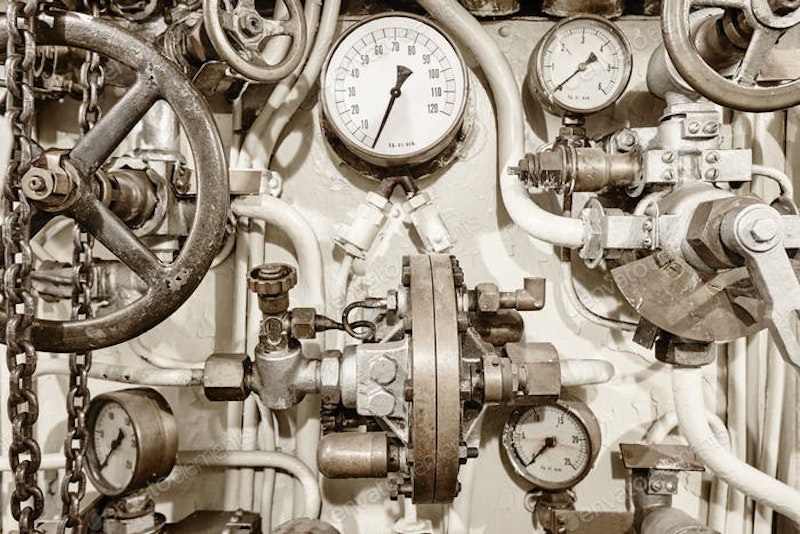—You should already own a blood-pressure cuff, know how to operate it, have some reliable batteries in there.
—If your doctor wants you to take and record your pressure daily, do it. Doctors do not fuck around.
—Wake up. Make your way to wherever the blood-pressure cuff happens to be.
—If it’s noisy or boisterous wherever the blood-pressure cuff happens to be, either you need to retreat with this equipment or take steps to eliminate the chaos. You should totally be a jerk about this; this is your life, after all.
—Have you ever had a stroke, or come close? It is terrifying. You don’t want this experience.
—Either way, sit down somewhere.
—Regard the cuff warily.
—Continue to sit, to settle.
—Imagine that someone in the next room over has something to confess to you. You already know what the confession will be, and while you don’t actually care whether or not it’s confessed, you understand that for the day to proceed in a meaningful way, a confession must occur. Thus, there’s tension, but it’s a tension the other person must bear, and as such, the admission—whatever it is—will come in the next two to three minutes. Pretend you’re waiting, very patiently.
—Put the cuff on your arm, gently.
—Carefully take your glasses off, if you wear glasses.
—Sit up straight, but otherwise, allow any tension to drain out of your body. Become aware of a blurriness, a numbness, a dislocating ennui. Embrace a sense of impending unconsciousness, or even death. Who’s to say that any of this is real? The cuff, your surroundings, a slowing pulse. Maybe you died already and the “life flashing before your eyes” moment happens to be a slow eternity of humbling, pre-coffee blood pressure checks.
—Now, activate that blood-pressure cuff, and sink back into yourself. You are hovering in a blank void, incapable of meaningful thought; out here in the physical world, your arms hang listlessly between your legs, as though you’re an abandoned Westworld host.
—It’s like a casual form of meditation, isn’t it?
—Close your eyes; do not look at the equipment.
—Don’t focus on your breathing.
—Don’t let the equipment govern you—which is impossible,
because you’re not here, and this isn’t actually happening, remember?
—Once the cuff stops whirring, examine the result. You’ll know if the result is a good one or a slightly-less good one or the kind of reading that will force the medical assistant to keep you in the office for an extra 15 or 45 minutes. No matter what it is, write it down and take another two-three readings—the first reading is almost never the most accurate, and usually it’s horrifying, comically outsized.
—If you’re reading this, though, you’re not being rushed to an ER by ambulance. Probably.

